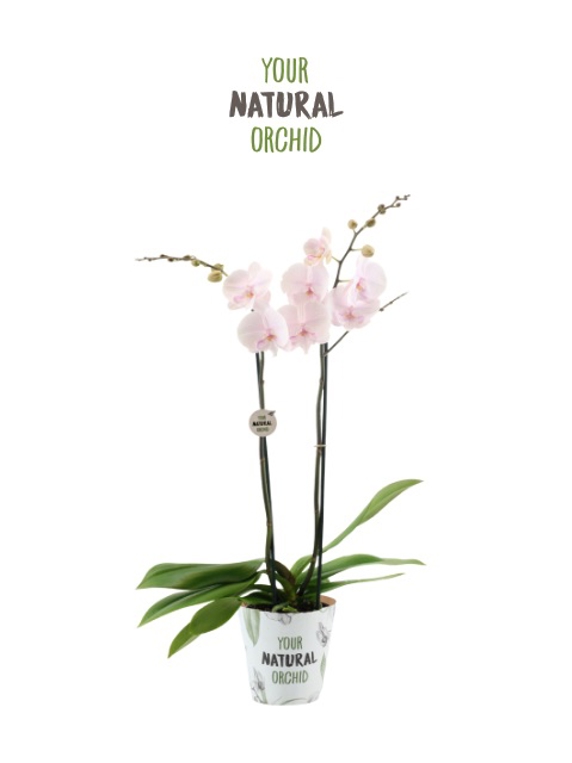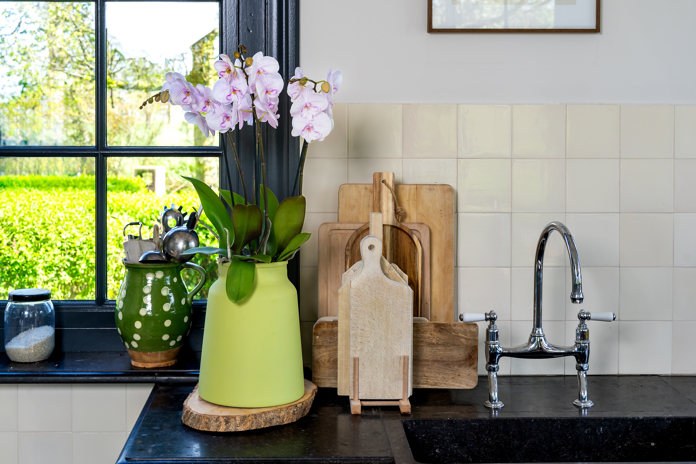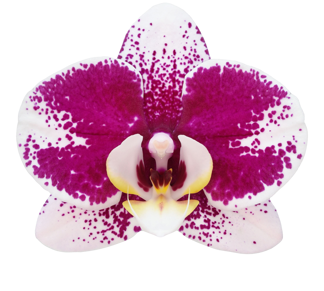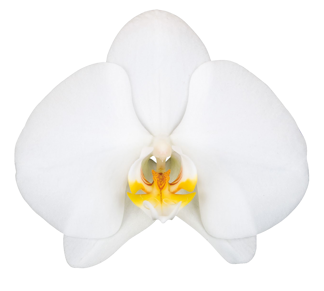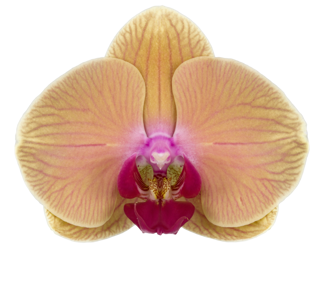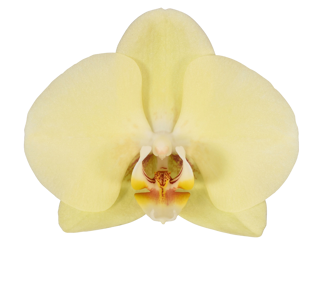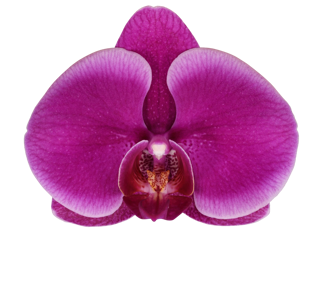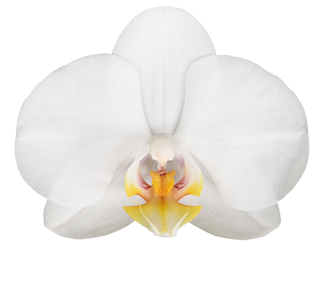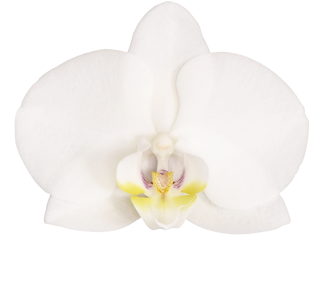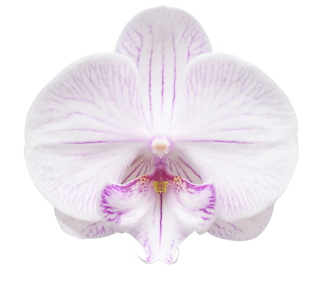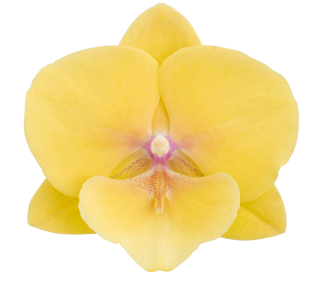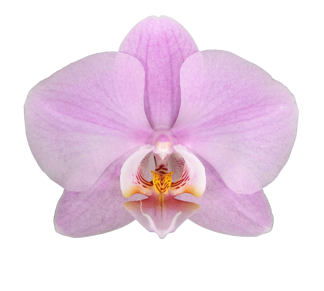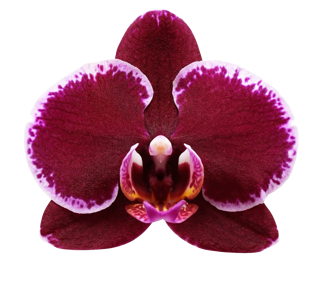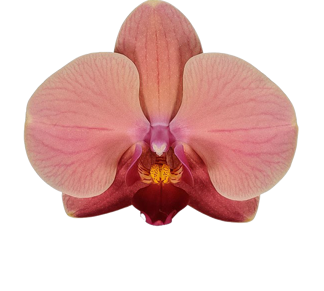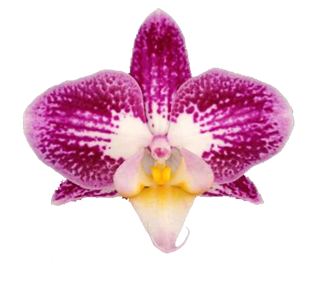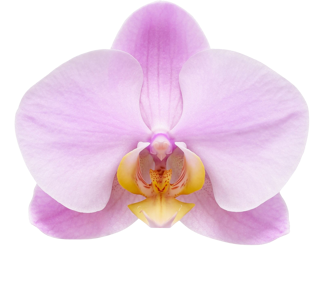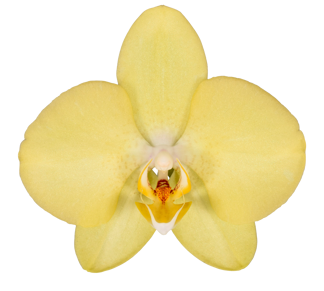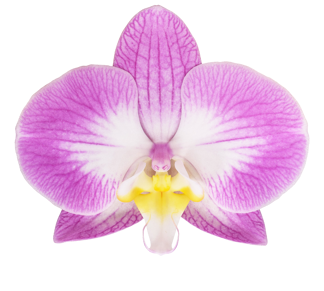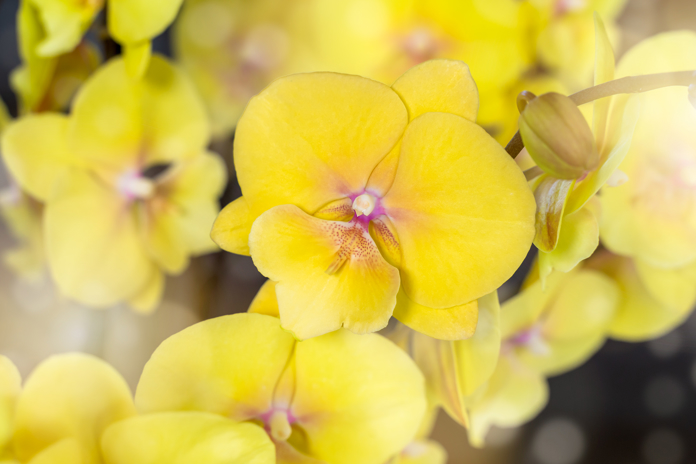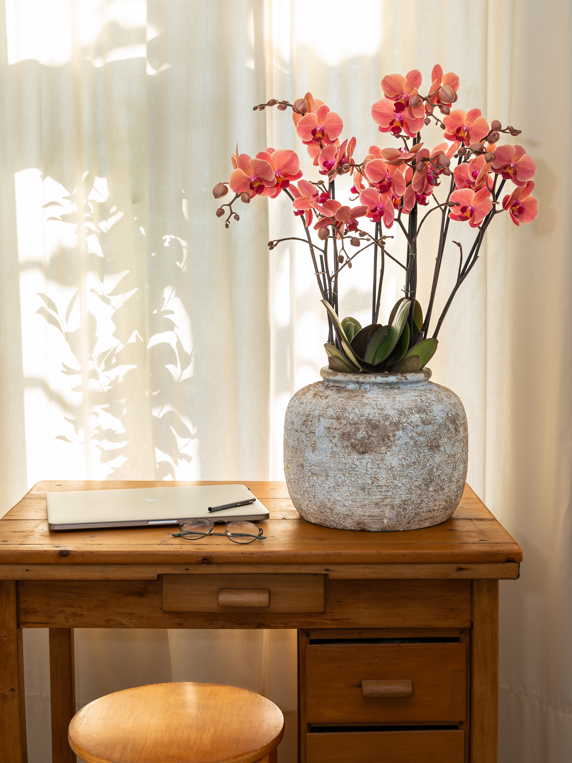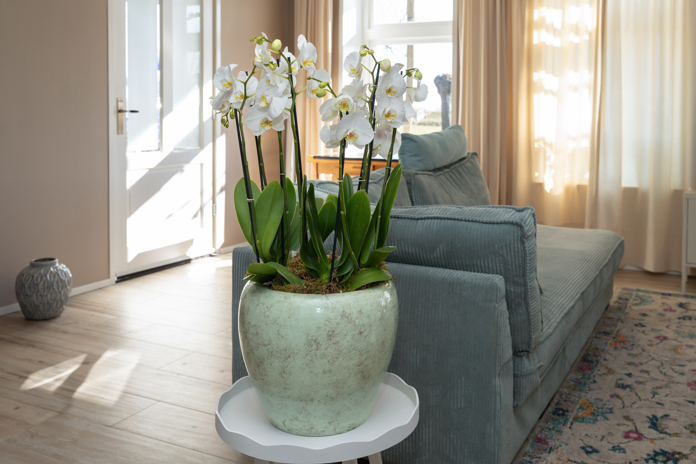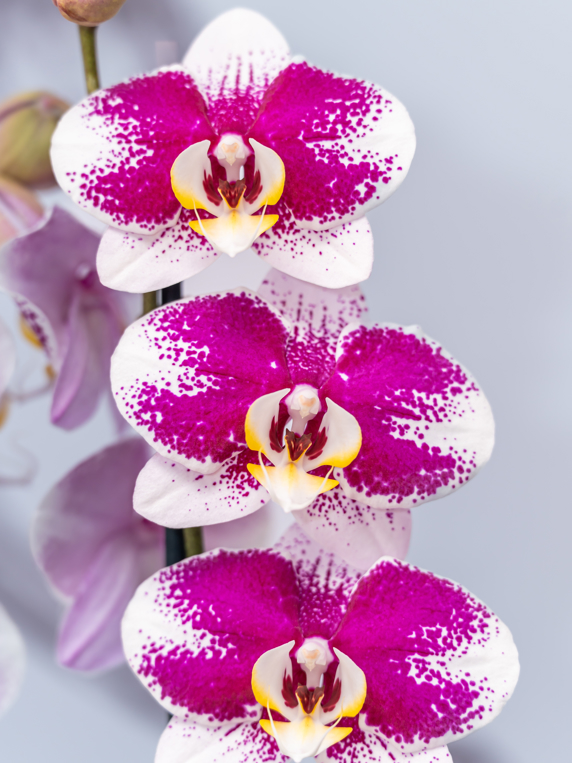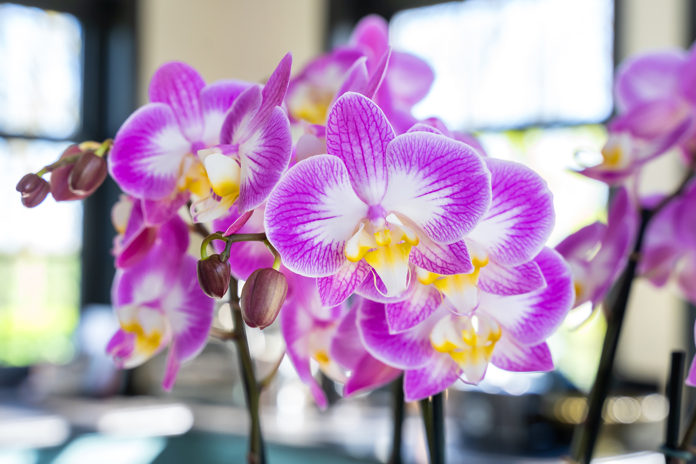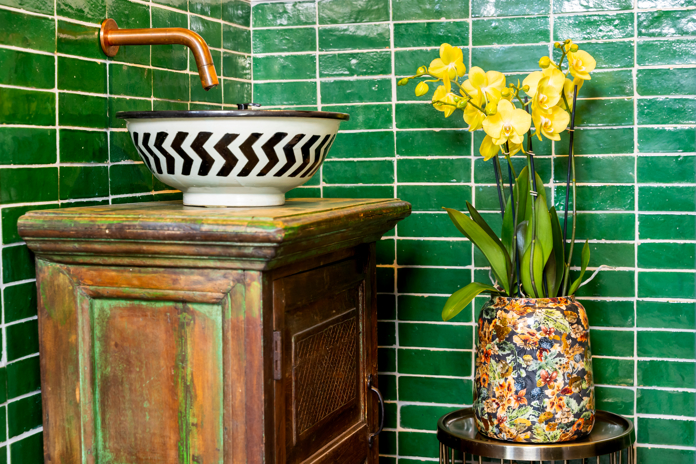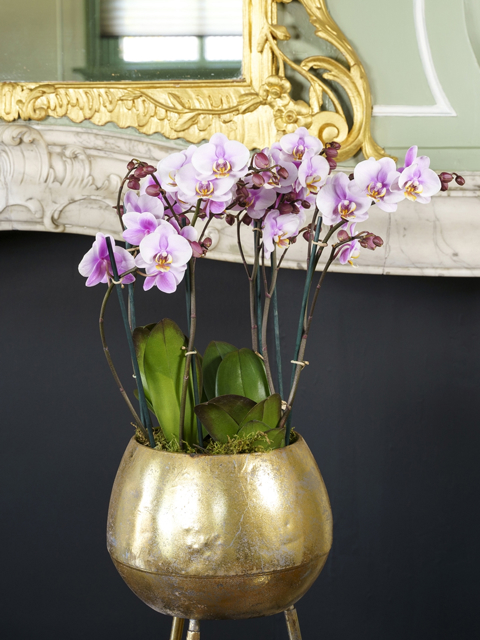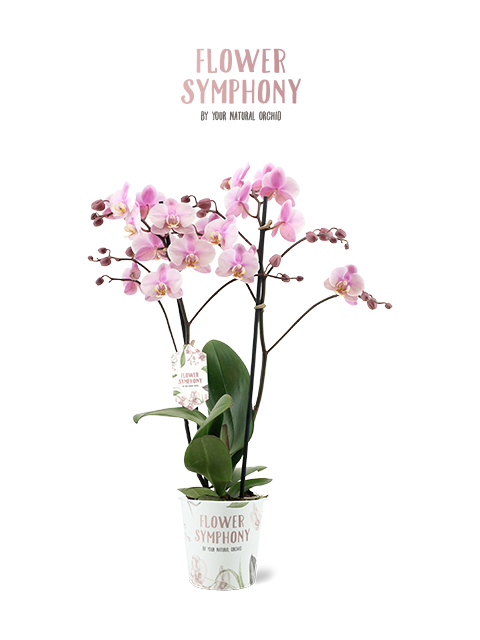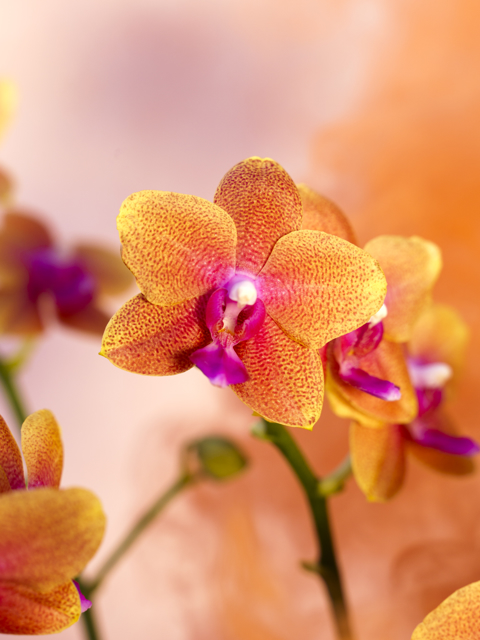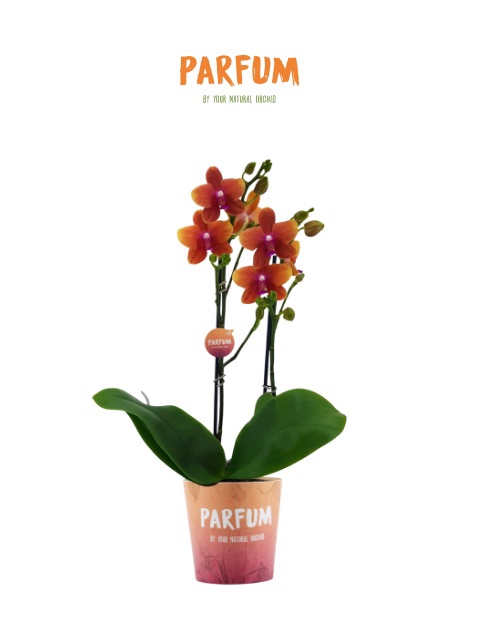Beautiful orchids in many varieties, striking for their large flowers.
The Your Natural Orchid range from Stolk Flora represents pure quality and natural elegance. Our orchids are distinguished by their large flowers and strong appearance. Each plant is cultivated with care, ensuring you receive a product that not only looks beautiful but also blooms for a long time.
The range offers a wide variety of species and colors, ranging from soft pastel shades to powerful, expressive varieties. This means there's a suitable orchid for every season, interior, and consumer.
Beauty with a story
At Stolk Flora, we believe that beauty and sustainability go hand in hand. That's why the Your Natural Orchid range is cultivated responsibly, with consideration for both people and the environment. The result is a comprehensive concept that not only adds aesthetic value but also contributes to a conscious choice.
With Your Natural Orchid, you choose orchids that impress – from the first sight to the last bloom.
